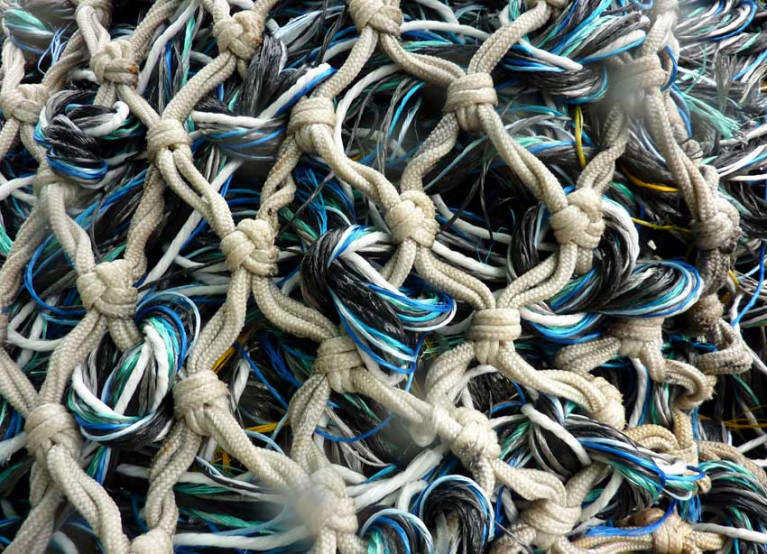Displaying items by tag: Supertrawlers
Supertrawlers spent almost twice as much time fishing in the UK’s protected waters in the first half of this year than in the whole of 2019, according to an investigation by Greenpeace.
As the Guardian reports, supertrawlers spent 5,590 hours fishing in 19 of the UK’s marine protected areas between 1 January and 30 June this year.
Much of that time overlapped with coronavirus restrictions that saw most of the UK’s regular fishing fleet confined to port with the collapse of their biggest markets.
And the figure also represents a massive increase in the 475 hours in total fishing of protected areas recorded just three years ago, as the Greenpeace data reveals.
The news follows fears of “skirmishes at sea” from Rockall to the English Channel in the event of a no-deal Brexit when the Irish fleet moves to asserts its “moral right to greater access to its own waters”.
The Guardian has more on the story HERE.
Supertrawlers Leave Irish Waters Before Inspectors Can Board
#Fishing - Two supertrawlers feared to have been "pillaging" fishing grounds off the West Coast have left Irish waters before the Naval Service could board them for inspection.
According to The Irish Times, poor weather conditions over the past fortnight deterred inspection of the Margiris – which has been banned from Australian waters – and the Annelies Ilena, formerly the Atlantic Dawn, whose skipper was convicted after the vessel was detained for breaching EU regulations earlier this year.
The same trawler was detained two years ago over similar alleged infringements, as previously reported on Afloat.ie.
Both supertrawlers were declared as "high priority" inspection targets due to their large size and on-board fish processing facilities and were being monitored by both the Naval Service and the Sea Fisheries Protection Agency, the latter of which noted the "specific challenges" of closer observation at sea.
MEP Luke 'Ming' Flanagan is among those calling for a stricter inspection regime for such vessels that includes a mandatory stop at an Irish port before leaving this country's waters.
The Irish Times has much more on the story HERE.





























































